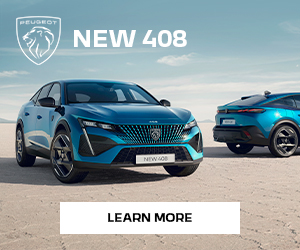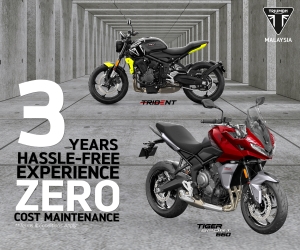Petronas To Launch RON 100, Do We Really Need It
We have just received news that Petronas will be launching RON 100 fuel to compete with Petron who launched RON 100 fuel back in January 2016 which was marketed as Blaze 100 Euro 4M.
Is the demand high enough for Petronas to come into this segment or is it more pride? Petron Blaze 100 does not seem to be a best seller for the company with fuel prices rising and our economy facing the worst GDP since 1997 when the financial crisis hit Malaysia hard.
What does a higher octane, like RON 100 mean? Well, it is a measure of how much the air-fuel mix is resistant to detonation in the engine.
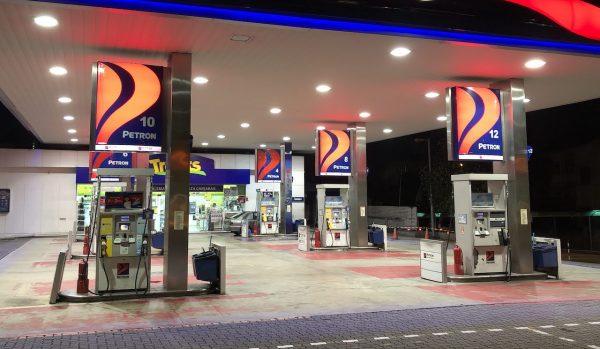
Modern car engines are designed for some rather high air-fuel mix pressure, if the mix ignites before that pressure is reached the engine will not run properly because ignition will happen at the wrong moment of the engine cycle.
This is why only fuel with right “octane number” should be used for any engine, depending on how that engine is designed, otherwise your engine will just not run properly. Your car service manual usually specifies which “octane number” is right for your car engine type.
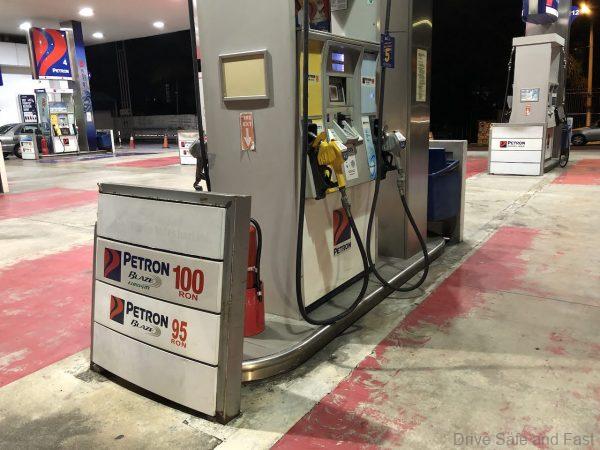
If you put RON 100 fuel in a ‘normal’ engine which only requires RON 95, it may even have detrimental effects in the long run, since the engine will have a harder time combusting the higher octane RON 100 fuel.
Therefor there is absolutely no reason to use higher-octane fuel unless your car service manual SAYS that it is REQUIRED to run your car efficiently.

PRESS RELEASE: Even if your car requests a higher octane fuel, it may be possible to use a lower octane fuel because of variable timing. Your car service manual will state the details. However, it will not have as much performance, since the timing is being retarded to prevent knocking.
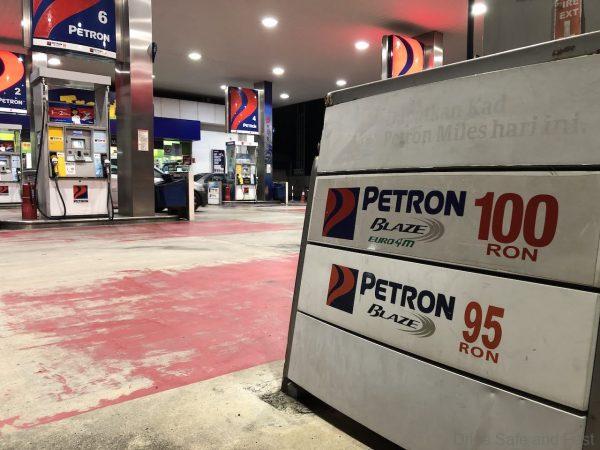
Premium grade fuels simply optimize an engine’s ability to make power through increased fuel density that offer a more controlled burn, reducing engine ping (detonation) and resulting in a smoother delivery of power.
These fuels also contain detergents and boosters which keep components such as valves, pistons and combustion components free of surface varnishes and carbon build-up, which may assist in promoting a longer service life.
Older pre-1990 engines will run quite happily on standard 95 octane fuels, with the exception of certain models requiring super leaded equivalent of 97.
These high-performance engines have compression levels exceeding 10.1:1 that once called exclusively for premium fuels, yet today’s manufacturers are specifying a minimum RON of just 95 for power plants with the same high ratings.
The reason they can do this is Variable Valve Timing (VVT).
VVT combined with sophisticated engine management systems physically adjusts internal compression pressures through advancing or delaying the opening of the engines intake and exhaust valves and spark control.
Under acceleration, an engine’s valve events are delayed while under low throttle cruise they are advanced or held open for longer.
It’s through this type of technology that vehicle manufacturers are able to harness higher performance and fuel economy out of today’s engines while using lower-grade fuel.
So, are premium fuels right for everyone?
With the exception of turbocharged/supercharged models or models specifically recommended by the manufacturer, then the answer is generally no.
Engines in modern cars today are nothing like they were 20 years ago and they are far better today.
Today’s engines are designed with high levels of efficiency and performance in mind and as a result of VVT technology, today’s highly stressed units are able to thrive on lower grades of fuel as a result.
Vehicle manufacturers design their engines with specific performance characteristics in mind so if you’re unsure which fuel grade your car’s engine requires, simply refer to your owner’s manual or consult your trusted mechanic for further advice.







